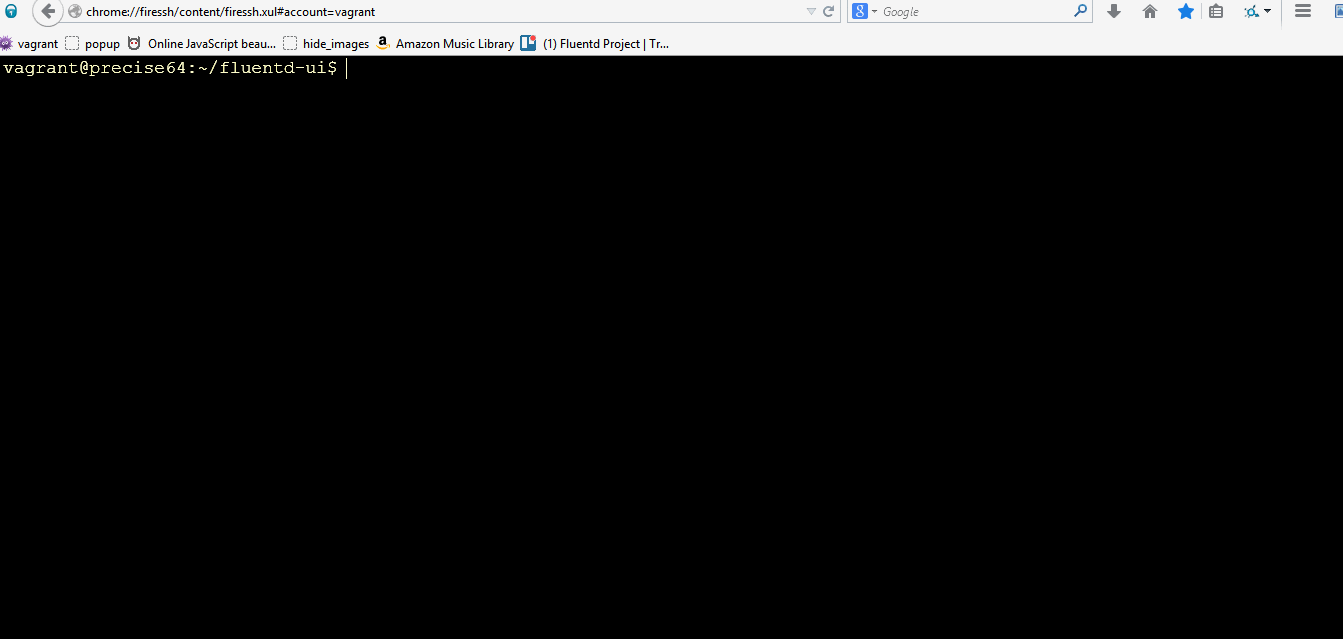Fluentd collects events from various data sources and writes them to files, RDBMS, NoSQL, IaaS, SaaS, Hadoop and so on. Fluentd helps you unify your logging infrastructure (Learn more about the Unified Logging Layer).
An event consists of tag, time and record. Tag is a string separated with '.' (e.g. myapp.access). It is used to categorize events. Time is a UNIX time recorded at occurrence of an event. Record is a JSON object.
$ gem install fluentd
$ fluentd -s conf
$ fluentd -c conf/fluent.conf &
$ echo '{"json":"message"}' | fluent-cat debug.test
Fluentd UI is a graphical user interface to start/stop/configure Fluentd.
- Website: http://fluentd.org/
- Documentation: http://docs.fluentd.org/
- Source repository: http://github.com/fluent
- Discussion: http://groups.google.com/group/fluentd
- Slack / Community: http://slack.fluentd.org
- Newsletters: http://get.treasuredata.com/Fluentd_education
- Author: Sadayuki Furuhashi
- Copyright: (c) 2011 FURUHASHI Sadayuki
- License: Apache License, Version 2.0
Patches contributed by great developers.




